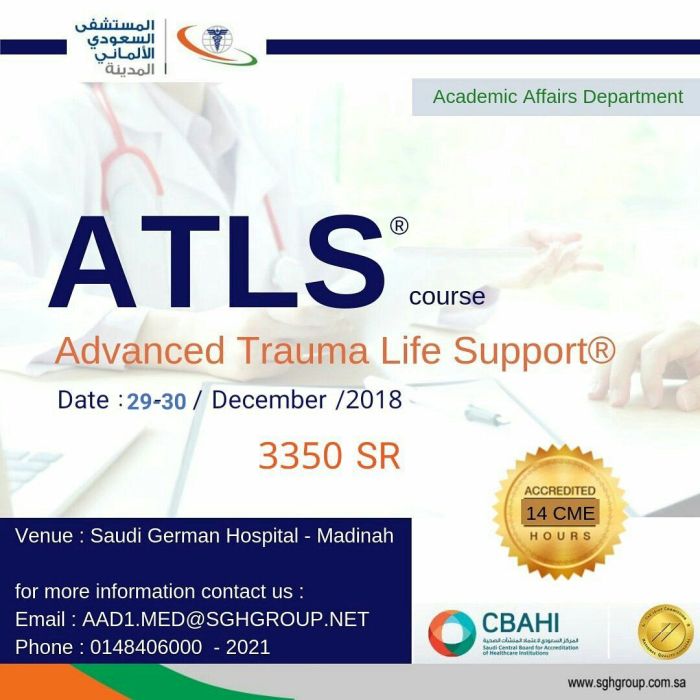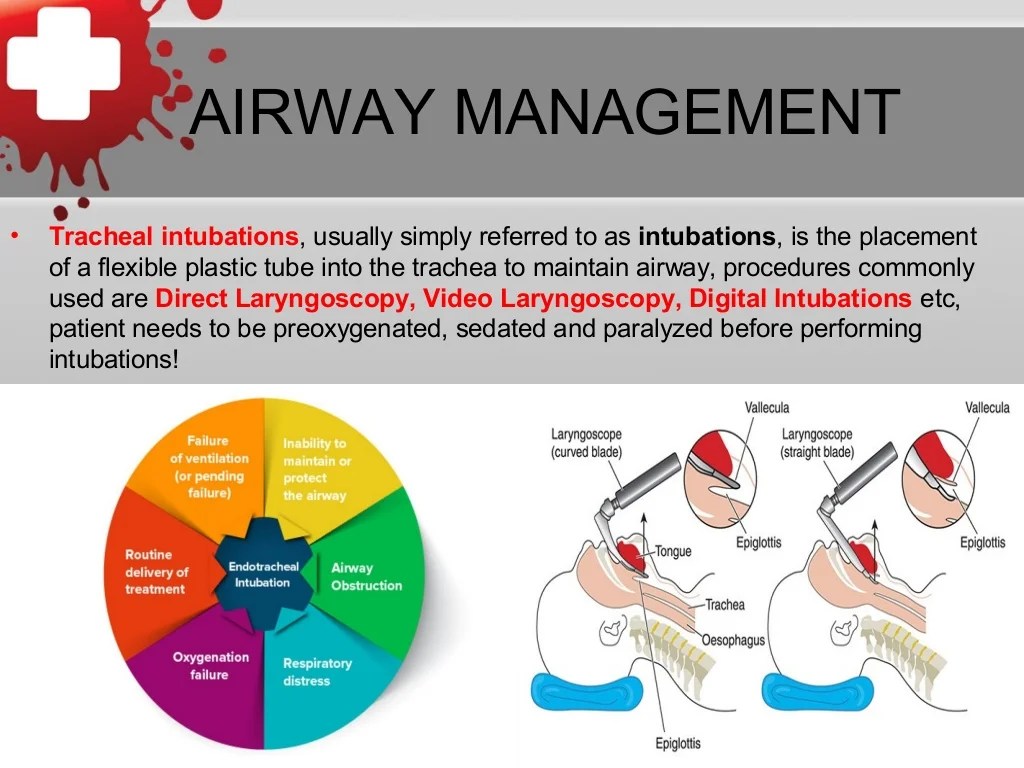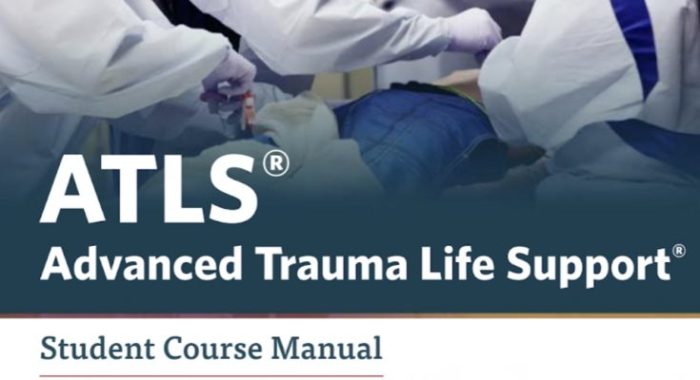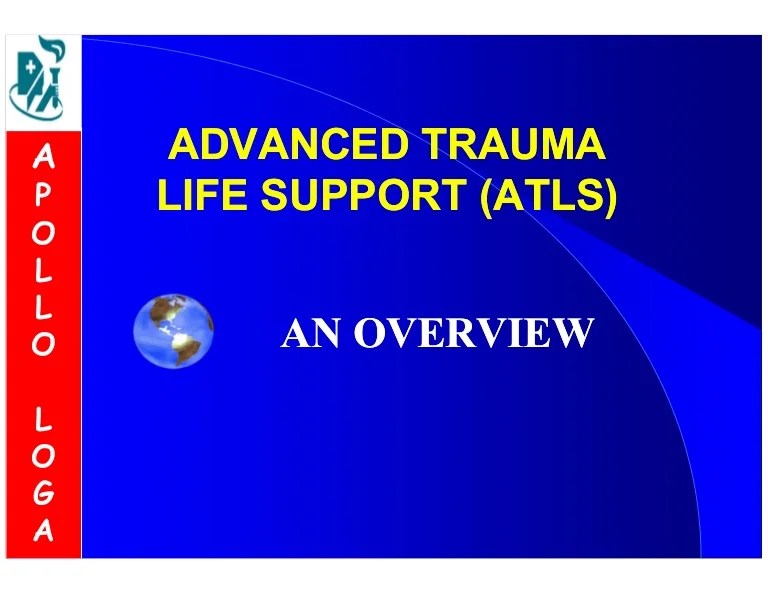Advanced trauma life support pretest – The Advanced Trauma Life Support (ATLS) pretest plays a pivotal role in assessing the knowledge and skills of healthcare professionals seeking certification in trauma management. This comprehensive guide provides an in-depth overview of the pretest, including its purpose, content, preparation strategies, and test-taking tips, empowering readers to excel in their ATLS endeavors.
The pretest serves as a valuable tool for identifying areas where further study is required, ensuring that candidates are well-equipped to handle the challenges of trauma care.
Introduction

Advanced Trauma Life Support (ATLS) pretest is a crucial assessment tool designed to evaluate the knowledge and skills of healthcare professionals seeking to enhance their trauma management capabilities.
This pretest serves as a comprehensive examination of the core principles and protocols Artikeld in the ATLS program, ensuring that participants possess a solid foundation before engaging in hands-on training and simulations.
Target Audience
The ATLS pretest is primarily intended for physicians, nurses, paramedics, and other healthcare providers who play a vital role in the initial assessment and management of trauma patients.
Benefits of Taking the Pretest
- Self-Assessment:The pretest enables participants to gauge their current level of knowledge and identify areas requiring further study.
- Knowledge Reinforcement:By reviewing the pretest material, participants can reinforce their understanding of essential trauma management concepts.
- Course Preparation:The pretest helps participants prepare for the hands-on components of the ATLS course by providing a comprehensive overview of the program’s content.
- Time Optimization:By completing the pretest, participants can focus their time during the course on areas where they need additional support, maximizing their learning experience.
- Enhanced Patient Outcomes:Ultimately, the pretest contributes to improved patient outcomes by ensuring that healthcare providers are well-equipped with the knowledge and skills to provide optimal trauma care.
Pretest Content and Structure

The ATLS pretest assesses the candidate’s knowledge of the core concepts and principles of trauma management.
The pretest consists of multiple-choice questions and covers a wide range of topics, including:
- Patient assessment and management
- Airway management
- Breathing and ventilation
- Shock management
- Soft tissue injuries
- Musculoskeletal injuries
- Head and spine injuries
- Thoracic and abdominal injuries
- Genitourinary and rectal injuries
- Burns
- Pediatric trauma
The pretest has a time limit of 60 minutes and consists of 50 multiple-choice questions. Candidates must score at least 70% to pass the pretest.
Preparation and Study Materials
Effective preparation for the ATLS pretest is crucial for success. This section provides guidance on how to approach the pretest and recommends study materials to enhance your understanding and performance.
To begin with, it is essential to familiarize yourself with the format and content of the pretest. Review the pretest Artikel to understand the specific topics covered and the number of questions you will encounter. This will help you allocate your study time effectively.
Study Materials
Numerous study materials are available to support your preparation for the ATLS pretest. These resources can provide comprehensive coverage of the essential concepts and skills required for success.
- ATLS Textbook:The official ATLS textbook is a comprehensive resource that provides detailed information on all aspects of trauma management. It is highly recommended for a thorough understanding of the subject matter.
- Online Courses:Several online courses are available that offer structured learning modules, interactive simulations, and practice questions. These courses can provide a convenient and engaging way to prepare for the pretest.
- Practice Questions:Practice questions are invaluable for testing your knowledge and identifying areas where you need further improvement. Various practice question banks are available online or through textbooks.
- Study Groups:Joining a study group can be an effective way to enhance your preparation. Collaborating with peers allows you to discuss concepts, share insights, and quiz each other, reinforcing your understanding.
In addition to these formal study materials, it is also beneficial to engage in self-directed learning. Review relevant journal articles, attend webinars or conferences, and explore online resources to broaden your knowledge base.
Test-Taking Strategies

Successful test-taking requires effective strategies to manage time, analyze questions, and select answers. This section provides valuable tips to enhance your performance on the ATLS Pretest.
Time Management
- Prioritize questions: Start with questions you’re most confident in to build momentum and confidence.
- Allocate time wisely: Determine the time available per question and stick to it.
- Pace yourself: Don’t rush or spend too much time on any one question.
- Review and guess: If you don’t know the answer, make an educated guess and mark it for review later.
Question Analysis
Before selecting an answer, carefully read and understand the question.
- Identify key terms: Focus on the important words and phrases that define the question.
- Determine the question type: Is it a multiple-choice, true/false, or fill-in-the-blank question?
- Eliminate obviously wrong answers: Cross out any answers that are clearly incorrect.
Answer Selection, Advanced trauma life support pretest
Once you’ve analyzed the question, select the best answer.
- Choose the most complete and accurate answer: Don’t settle for partially correct or ambiguous answers.
- Avoid absolute terms: Look for answers that use words like “most,” “usually,” or “generally” rather than “always” or “never.”
- Consider the context: The answer should be consistent with the information provided in the question or test material.
Sample Questions and Explanations: Advanced Trauma Life Support Pretest

The following table presents sample pretest questions and detailed explanations of the correct answers.
These questions are designed to provide you with an overview of the content covered on the actual pretest and to help you assess your knowledge and identify areas where further study is needed.
Question 1
| Question | Correct Answer | Explanation |
|---|---|---|
| Which of the following is the most common cause of traumatic cardiac arrest? | Hypovolemia | Hypovolemia, or severe blood loss, is the most common cause of traumatic cardiac arrest. It can occur due to massive hemorrhage from major injuries, such as penetrating wounds or blunt force trauma. |
Question 2
| Question | Correct Answer | Explanation |
|---|---|---|
| What is the primary goal of ATLS? | To prevent preventable deaths from trauma | The primary goal of Advanced Trauma Life Support (ATLS) is to provide a systematic approach to the initial assessment and management of trauma patients, with the aim of preventing preventable deaths and improving outcomes. |
Question 3
| Question | Correct Answer | Explanation |
|---|---|---|
| What is the first step in the primary survey? | Airway assessment | The primary survey follows the ABCDE approach, with airway assessment being the first step. It involves assessing the patient’s airway for patency and potential obstructions, and ensuring adequate ventilation. |
Question 4
| Question | Correct Answer | Explanation |
|---|---|---|
| What is the indication for a needle thoracostomy? | Tension pneumothorax | A needle thoracostomy is indicated when there is a suspicion of tension pneumothorax, a life-threatening condition characterized by a buildup of air or gas in the pleural space that compresses the lung and mediastinum, leading to respiratory and hemodynamic compromise. |
Question 5
| Question | Correct Answer | Explanation |
|---|---|---|
| What is the Glasgow Coma Scale used to assess? | Level of consciousness | The Glasgow Coma Scale (GCS) is a tool used to assess the level of consciousness in trauma patients. It involves evaluating three components: eye opening, verbal response, and motor response, and assigning a score for each component, with a lower score indicating a lower level of consciousness. |
Additional Resources

In addition to the core study materials and preparation strategies mentioned above, there are several additional resources available to enhance your learning and support your preparation for the ATLS Pretest.
These resources include official ATLS websites, online forums, and study groups that provide a wealth of information, support, and opportunities for collaboration.
Official ATLS Websites
- American College of Surgeons (ACS) ATLS Website: https://www.facs.org/education/courses/advanced-trauma-life-support-atls
- European Trauma Course (ETC) Website: https://www.etc-course.org/
Online Forums and Study Groups
- ATLS Forum on the American College of Surgeons (ACS) Website: https://community.facs.org/groups/atls
- ATLS Study Group on Facebook: https://www.facebook.com/groups/ATLSstudygroup/
Questions Often Asked
What is the purpose of the ATLS pretest?
The ATLS pretest evaluates the baseline knowledge of healthcare professionals seeking certification in trauma management.
What is the format of the ATLS pretest?
The pretest typically consists of multiple-choice questions covering various aspects of trauma care.
How can I prepare effectively for the ATLS pretest?
Effective preparation involves reviewing official ATLS materials, attending courses, and utilizing practice questions.